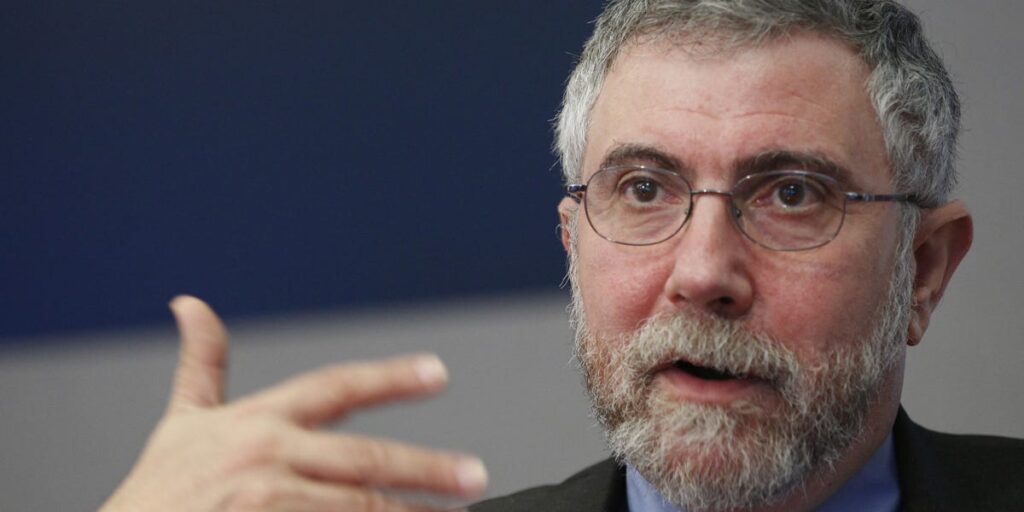Paul Krugman Sees AI Boom as Different From Dot-Com Bubble
Nobel-winning economist Paul Krugman recently drew parallels between today’s AI boom and the dot-com bubble of the late 1990s, but he believes the outcome could be much different—perhaps avoiding a massive market crash.
In a recent Substack post, Krugman expressed that the current excitement surrounding AI technologies and the soaring valuations of tech stocks echo the exuberance of the internet craze. However, he argues that "while AI fever bears a lot of resemblance to the dot-com bubble, the end game may be quite different."
Key Differences in the Tech Landscape
Krugman identifies two major distinctions that could change the trajectory of the AI boom:
-
Established Dominance: The giants shaping the AI landscape, often dubbed the "Magnificent Seven,"—which includes companies like Google and Amazon—are already entrenched and profitable. Unlike the dot-com era, when many startups were expected to grow into powerful companies, today’s major players are already thriving. Krugman points out, "Historically, major new technologies have tended to disrupt the existing market hierarchy; this time, investors are in effect expecting radical new technology to reinforce that hierarchy." This presents a unique situation where contrary to the norm, existing leaders may not be disrupted but instead fortified.
- Political Connections: Krugman suggests that the relationship between Silicon Valley and politics has evolved significantly over the past 25 years. Today’s tech leaders, such as Jeff Bezos and Mark Zuckerberg, maintain close ties with government officials, which could create protective measures for these companies. The economist remarked on how past proposals, like President Donald Trump’s idea to establish a strategic cryptocurrency reserve and invest heavily in AI infrastructure, could channel government funds into these tech giants, ensuring their stability amidst market fluctuations.
The Shadow of a "Tech-Bro Bailout"
There’s a growing concern about whether the inflation of tech stocks will cause a financial reckoning similar to that of the dot-com bubble. Krugman doesn’t shy away from the notion that the current bubble "may end, not with a pop, but with a giant tech-bro bailout." Unlike the internet boom where many startups collapsed, the current tech environment could foster government interventions that cushion any fallout.
Since the launch of ChatGPT in late 2022, the tech-heavy Nasdaq 100 has surged more than 80%, showing no signs of slowing down despite cautionary tales surrounding potential pitfalls. Many remain optimistic, expecting a continued upward trajectory in the stock market this year.
Conclusion
As Krugman navigates the waters of this latest tech phenomenon, he acknowledges the familiar frenzy while advocating for a more grounded perspective. With established players solidifying their dominance and the intertwining of tech and politics, the unfolding AI narrative may very well differ from the cautionary tales of the past.
The AI Buzz Hub team is excited to see where these breakthroughs take us. Want to stay in the loop on all things AI? Subscribe to our newsletter or share this article with your fellow enthusiasts.




